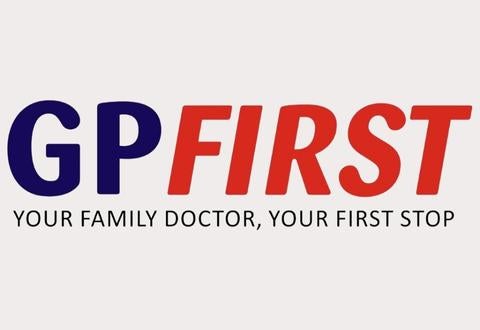What is - Sports Related Injury – Concussion
What is a Concussion?
A concussion is a type of mild traumatic head injury that can occur during contact sports, a fall or collision. Concussions can result from a direct blow to the head or if the head sustains a whiplash-type injury.
Symptoms of Sports Related Injury – Concussion
Symptoms of concussion may include loss of consciousness, headache, nausea, memory loss, forgetfulness, difficulty concentrating, confusion, impaired balance, unsteadiness when walking, giddiness, vision changes or sleep disturbances. These symptoms may be immediate in onset or develop in the days following the concussion.
If you suspect that you have a concussion or any kind of traumatic head injury, seek medical attention. Seek immediate emergency medical evaluation if you experience loss of consciousness, nausea and vomiting, unsteady gait, numbness or weakness of the arms or legs, slurred speech, seizures or if any of the above concussion symptoms worsen over time.
Sports Related Injury – Concussion - How to prevent
What can you not do after a Concussion?
If you suspect that you have a concussion or if you have any of the above described symptoms, do not return to your sport until you have had a proper medical evaluation and a period of rest before clearance to return. Do not ignore the symptoms of a concussion as they could be the signs of a more serious brain injury and returning to play too soon may result in worsening of the concussion symptoms.
What can you do?
To help prevent against more serious head injuries, always wear appropriate protective gear during sports such as an approved and appropriately fitted helmet. After a concussion, it is important to have a friend or family member with you at home. It is important to have a period of both cognitive rest, meaning resting your brain from activities such as computer or mobile device use, multitasking and school work, as well as a period of physical rest from vigorous exercise and sports. Do not drink alcohol or drive after a concussion.
It is ok to take over the counter pain medications such as Panadol for symptoms. However, it is best to avoid NSAID’s or anti-inflammatory medications after any head injury due to the theoretical increased risk of bleeding.
Treatment for Sports Related Injury – Concussion
What can we do?
A sports medicine physician will evaluate and monitor your concussion symptoms through neurological assessments, neuropsychological testing, and brain imaging if indicated. Your treatment plan will include both cognitive rest and physical rest with a graded return to school, work, and sports. Sometimes medications are prescribed for symptomatic relief.
Appropriate management is essential for reducing the risk of long-term symptoms and complications. Your physician will also supervise your graded return to sports.
Contributed by
The information provided is not intended as medical advice. Terms of use. Information provided by SingHealth.
Get to know our doctors at SingHealth Hospitals in Singapore.
Get to know our doctors at SingHealth Hospitals in Singapore. here.



















